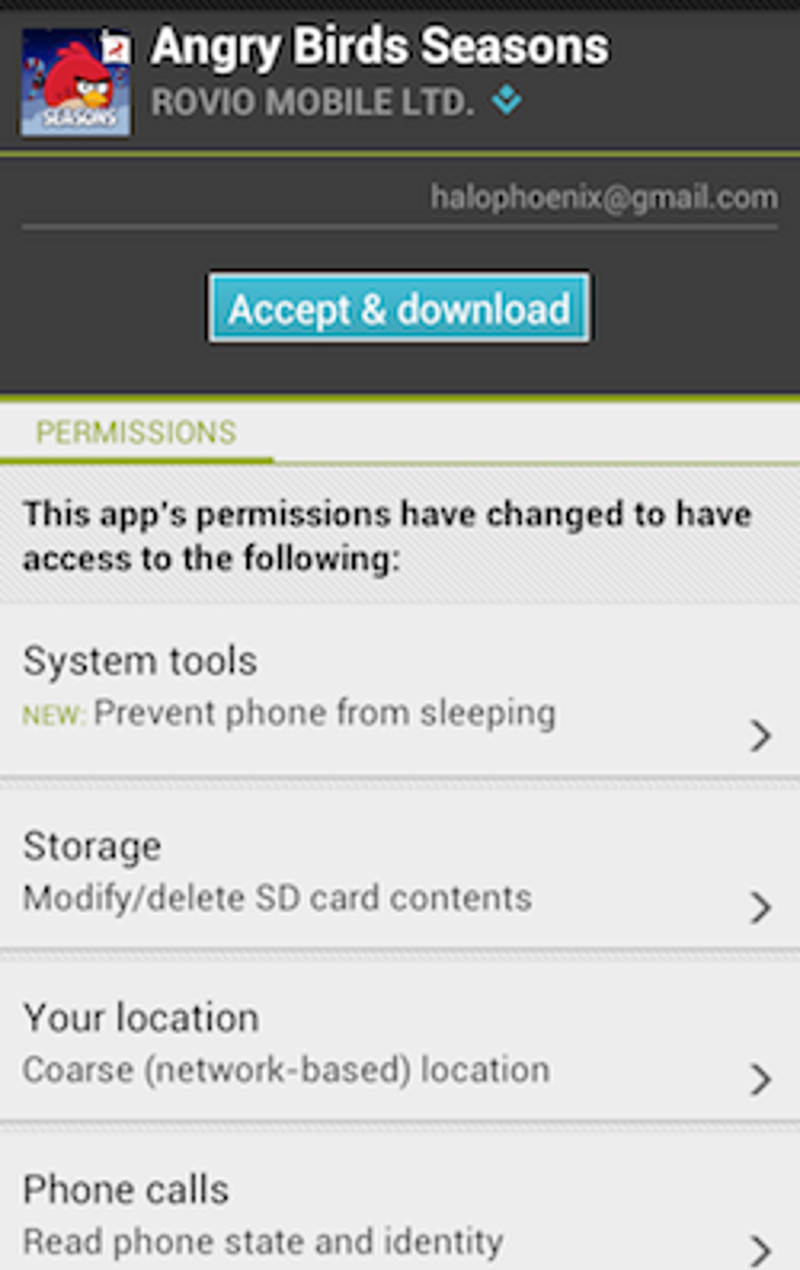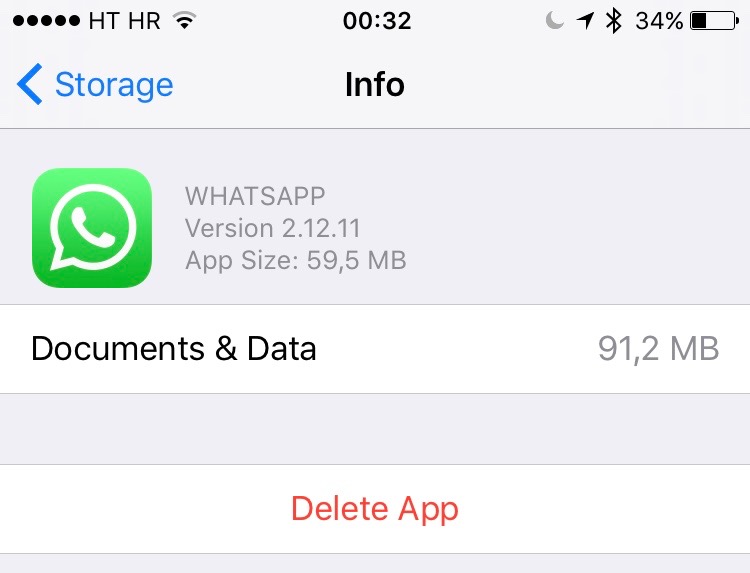 Welcome to this week’s tech-Thursday byte! Today, we are talking all about apps! We use apps and services everywhere, everyday- but how do we make sure we are staying safe on them?
Welcome to this week’s tech-Thursday byte! Today, we are talking all about apps! We use apps and services everywhere, everyday- but how do we make sure we are staying safe on them?
Let’s get right down to it:
- I heard you heard she heard we heard: When you’re on the app store, we generally want to stay away from apps that are new, have no reviews, or have bad reviews. Apps with long track records are the more safe option. Even if it is a new game you’re friends have been talking about it, always pay attention to the reviews before downloading. Reviews can tell you if the app contains malware, sucks up data storage (see below!), or invades your privacy. Remember, the vendor has to approve the deletion of comments so the developer cannot easily delete comments warning viewers of their malware. Pay close attention especially if the app asks for money to download, make sure through the reviews that it functions the way we want it to. If the app asks for your credit card, you want to make sure it is going to only the company to provide you the service.

Source: Apple Developer
- Were you raised by wolves?: Always check out the developer who created the app, whether this is a company or an individual person. After a quick Googling, you should be able to see if they have made any other apps and the reviews of those apps. This way, if the developer has a sketchy history of developing apps without any ratings or with justified bad reviews, we can tell before we download.

King: the Makers of Candy Crush Source: Jason Bond Picks
- That is Not Your Job: When you download an app or even an extension on your PC, the system will ask you to accept certain permissions such as access to y
 our images, access to your USB Storage, GPS tracking, and more. Pay close attention to these, as well as the developer’s privacy policy (check out last weeks post!). The app may not even NEED those “tracking” features but ask you to check the box anyways: Don’t do it! Permissions are more important than we think; as the app may be doing things in the background that is not “what you signed up for.” Always, read through what kinds of information the app is collecting about you and your usage; Android lays this out before you click upload (never pass this up!). However, some of the best, safest apps on the app store still have deep permissions because that is what they NEED to better their services. But here’s a little guide from LifeHacker that explains the key components to fishing out the good versus the bad.
our images, access to your USB Storage, GPS tracking, and more. Pay close attention to these, as well as the developer’s privacy policy (check out last weeks post!). The app may not even NEED those “tracking” features but ask you to check the box anyways: Don’t do it! Permissions are more important than we think; as the app may be doing things in the background that is not “what you signed up for.” Always, read through what kinds of information the app is collecting about you and your usage; Android lays this out before you click upload (never pass this up!). However, some of the best, safest apps on the app store still have deep permissions because that is what they NEED to better their services. But here’s a little guide from LifeHacker that explains the key components to fishing out the good versus the bad.
Is this app from a trustworthy developer? Does it look like malware? Do I understand why this app needs these permissions? Does the developer explain to me why they need these permissions? (Are they listed on Google Play, along with the reasons for each permission request? Often, they are.)
4. NOT on the App Store? Other platforms can provide “free downloads” of extensions, apps, or software. This is not your regular Google Play or App Store, this is an “external” vendor. It sounds shady to begin with, but trusting these platforms is a big risk to take. Big app stores approve their apps before letting the public download them. Other websites for downloading may or may not follow safety regulations and policies. If you do choose to or have to download an app this way, have anti-malware on your computer or device to protect just in case:) If you downloading an app that is not on the app store (which is probably for a reason), sideloading from an online site is possible, but highly dangerous.
There are reasons apps aren’t on the app-store including:
-
Not using the latest technologies and code for compatibility and performance
-
Not properly rated for the kind of content it offers
-
Not original or useful, cheap knock-off of a more popular app
-
Violating users’ privacy by collecting data secretly
-
Hiding functionality or malicious code.
5. Warning: Check Data Storage: Apps use up data to collect information about you, your usage, and in order to keep all the “permissions” running. Make sure to do a spring cleaning on your apps, as the more lingering apps you have, the more data is collected behind the scenes (and you aren’t even using the app!) Also, if apps are hogging up data and is not an app with significant features or function, it may give you a clue that something is happening in the background. Pay attentions to the small clues like so, detective!

Source: IDownloadBlog6. Passwords, AGAIN! Yes, again. Password protect your account from unauthorized access. Both Apple and Android offer password protection for downloading apps and for in-app purchases. Users can use this feature to prevent accidental installations and prevent the kids from installing unwanted in-app purchases. Your account should always either have biometric or password protection!
7. Following the Rules: Apps have rules for ages and for using their features. FOLLOW these rules, as there are reasons for having to do with mature content and to preserve a safe digital environment. Pay attention to the apps your children are using, the purpose of the app, the permissions, and that you are always being a safe user of the app! Some apps are on the app store and may be funny, but are not made “kid-friendly” and are more areas of more freedom. All in all, you should be very picky about the apps you put on your phone. Why? Check out our Malware post! We are constantly vulnerable to this and to compromising our digital footprint. Thus, it is our responsibility to follow the rules, take it in our stride, and use apps responsibly.

8. Update the Update: Always update to the newest version of your SAFE apps, as this is the only way developers patch up their security holes (how the bad guys get through). However, if the app is a malicious app to start with, this update could insert even more malware into the phone. This is why it all begins with CHOOSING safe apps!
Thanks for sticking with me! I hope you learned the importance of choosing safe apps on the jungle that is the app store. Malware and other icky security bugs can compromise our security and one way this can get onto our devices is through apps!
As always, stay safe, digital critter!
Detective Safety


